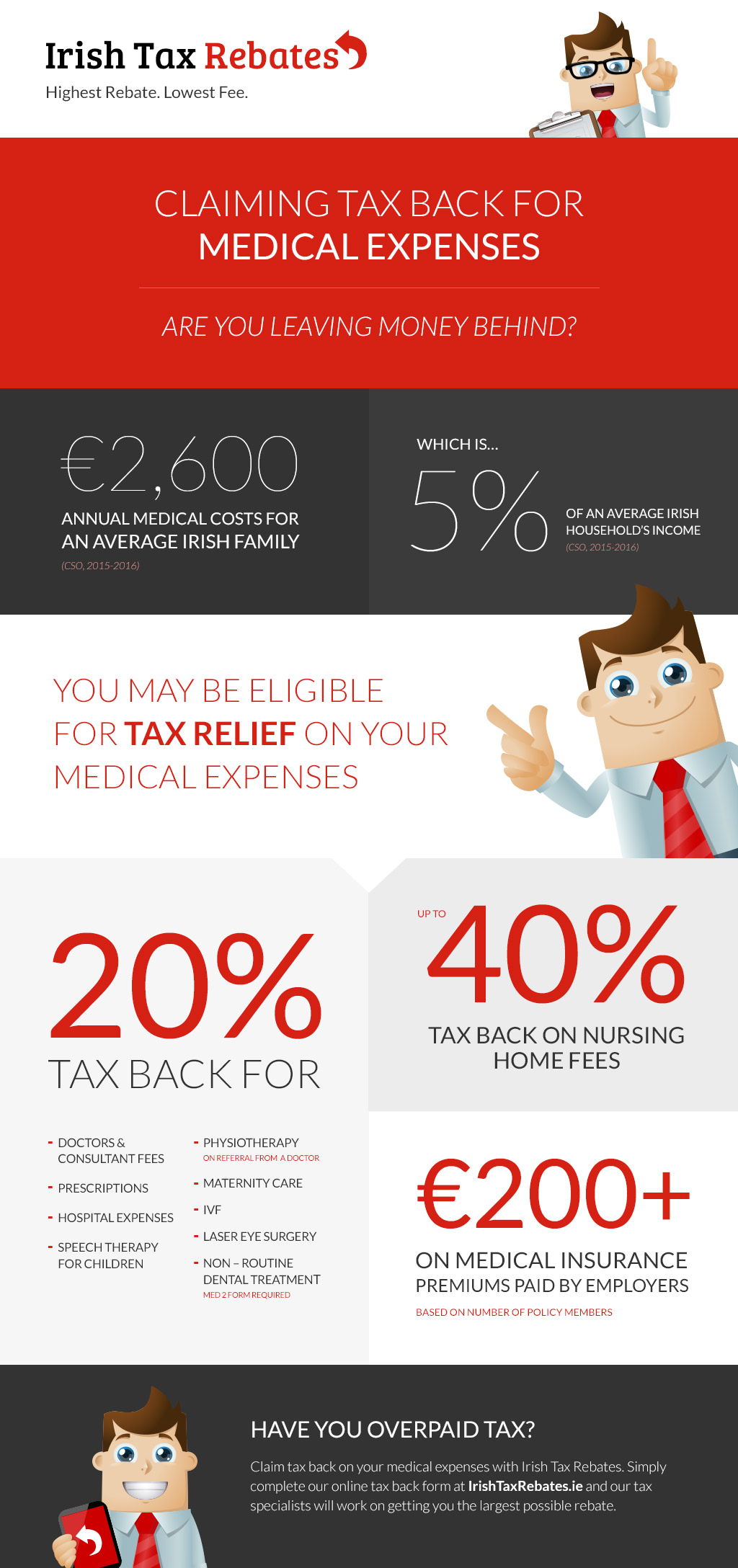Author-Bruce Lott
If you're considering vision modification choices, PRK surgical procedure may be worth discovering. Unlike LASIK, PRK reshapes the cornea without creating a flap, which can reduce specific dangers. This technique is particularly valuable for those with thinner corneas or higher prescriptions. You might be interested about how this treatment functions, its advantages, and whether you're a suitable candidate. Comprehending visit this page can assist you make a much more informed decision regarding your vision needs.
What Is PRK Surgery and Exactly How Does It Work?
PRK surgery, or photorefractive keratectomy, is a preferred laser vision modification treatment made to boost your vision.
Unlike LASIK, PRK reshapes the cornea by eliminating the outer layer of cells. Throughout the treatment, your eye surgeon uses a cool light beam of laser light to precisely form the corneal tissue underneath. This change enables light to concentrate appropriately on the retina, enhancing your vision. The external layer then regenerates normally over time.
PRK's advantages consist of a lower risk of problems associated with corneal flaps, making it suitable for people with thinner corneas. Recuperation might take longer than LASIK, but many people delight in clear vision without glasses or contact lenses after the healing procedure is full.
Benefits of PRK Over LASIK
While both PRK and LASIK are effective laser vision correction options, there stand out benefits to selecting PRK for sure patients.
One major benefit is that PRK does not include creating a corneal flap, which minimizes the threat of problems associated with flap problems. This makes PRK a more secure option for those with thinner corneas or particular eye conditions.
Furthermore, given that PRK treats the surface of the eye, it can be much more efficient for clients with higher prescriptions.
The recovery procedure, although slightly longer, often leads to secure, long-lasting results.
You'll also appreciate that PRK is less most likely to cause completely dry eyes contrasted to LASIK, permitting a more comfortable healing experience.
That Is a Perfect Candidate for PRK?
Are you wondering if PRK is the ideal choice for you? Perfect prospects generally consist of people with mild to modest nearsightedness, farsightedness, or astigmatism.
If you have thin corneas or various other corneal abnormalities, PRK can be a better choice given that it doesn't involve reducing a flap like LASIK. You must likewise go to the very least 18 years old and have stable vision for a minimum of a year.
If you've had previous eye surgical treatments, review your alternatives with your eye doctor. Additionally, those with certain medical problems, like autoimmune diseases or uncontrolled diabetic issues, might not qualify.
Ultimately, linked webpage and assessment will certainly help identify if PRK is the best remedy for your vision needs.
Conclusion
Finally, PRK surgical treatment offers a safe and reliable means to improve your vision without the dangers associated with LASIK. By reshaping your cornea without producing a flap, it's optimal for those with thinner corneas or higher prescriptions. While recovery might take a bit longer, numerous patients enjoy steady outcomes and much less pain, like fewer instances of dry eyes. If you're thinking about vision improvement, PRK could be the appropriate choice for you.

